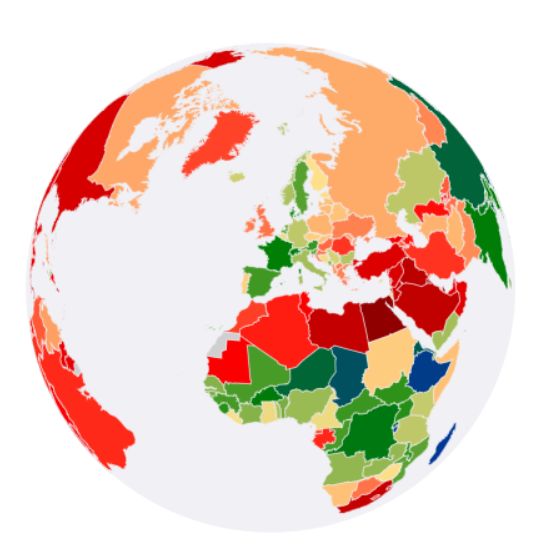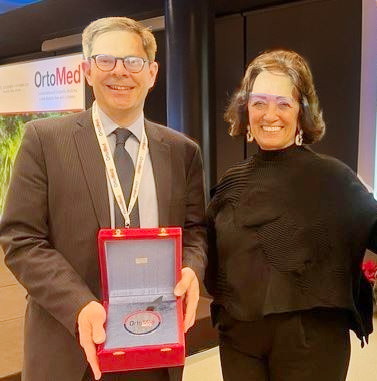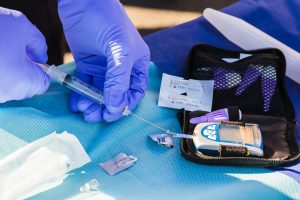[vc_row top_margin=”none”][vc_column top_margin=”none” width=”1/1″][vc_column_text]Researchers at the MRC Lifecourse Epidemiology Unit at the University of Southampton have showed for the first time that after taking out the effect of season a woman with low levels of vitamin D compared with her other mums in early gestation is likely to continue to have low levels compared with other mums throughout her pregnancy.
It is well established that vitamin D levels vary according to season, with highest levels in summer/autumn and lowest levels in winter/spring. The 9 months of a normal pregnancy encompass 3 seasons and considerable potential variation in a woman’s vitamin D concentrations. Researchers at the MRC Lifecourse Epidemiology Unit at the University of Southampton have showed for the first time that after taking out the effect of season a woman with low levels of vitamin D compared with her other mums in early gestation is likely to continue to have low levels compared with other mums throughout her pregnancy.
In the study, 1753 women who were part of the Southampton Women’s Survey had a vitamin D measurement in both early and late pregnancy. Researchers use sophisticated statistical models to assess the correlation between a woman’s vitamin D levels across pregnancy accounting for the effect of season. In addition to the seasonal effects, the researchers demonstrated that vitamin D supplementation and physical activity were both associated with higher vitamin D levels, and weight gain during pregnancy was associated with lower vitamin D levels in late pregnancy.
The study, which will be published in the American Journal of Clinical Nutrition, included children participating in the Southampton Women’s Survey. This is a unique UK group of women and their children, in which the women were recruited before they became pregnant. Professor Nicholas Harvey, Professor of Rheumatology and Clinical Epidemiology at the University’s MRC Lifecourse Epidemiology Unit, and who led the study, commented “It is becoming increasingly apparent that better growth during early life and through childhood will lead to stronger bones as an adult, and consequently a lower risk of osteoporosis and broken bones in old age. Our work has revealed that vitamin D during pregnancy may be important in the baby’s bone development, and these findings helpfully inform public health policy and future research.”
Professor Cyrus Cooper, Professor of Rheumatology and Director of the MRC Lifecourse Epidemiology Unit, University of Southampton, and who oversaw this work, added “The demonstration that maternal vitamin D levels track through pregnancy point to the potential importance of vitamin D supplementation during this critical period of bone development in the offspring. We are testing this concept in a large randomised controlled trial.”[/vc_column_text][/vc_column][/vc_row]








